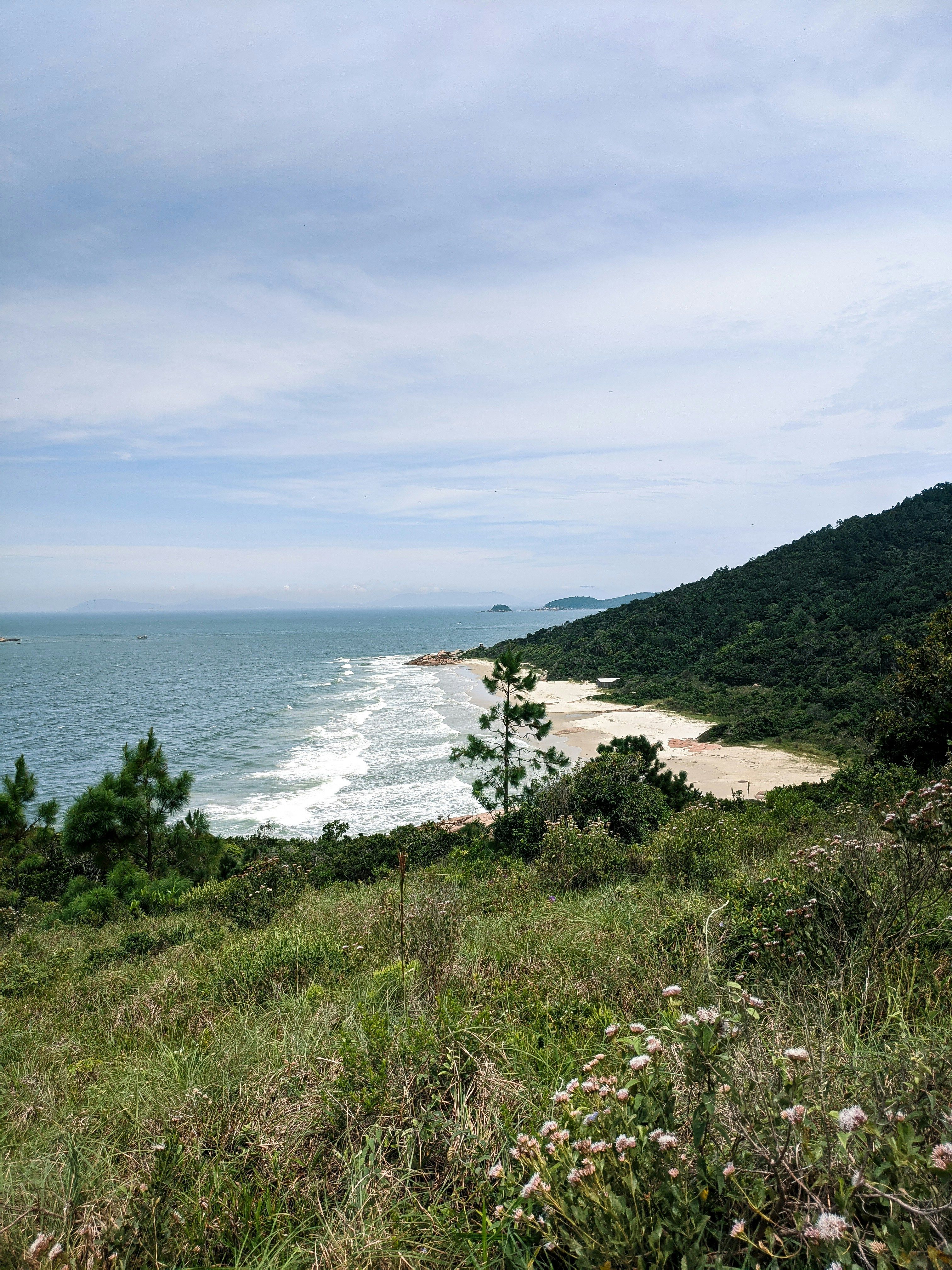Singapore's dominant political party achieves a landslide win, as electorate leans towards maintaining political stability
The People's Action Party (PAP) of Singapore has triumphed yet again in its 16th consecutive election, boosting its popular vote after voters opted for stability amidst escalating global turbulence.
With an impressive 87 out of 97 seats, including five uncontested ones, the PAP proved its continued dominance, marking a significant victory in its first election under Prime Minister Lawrence Wong. Staking claim to 66% of the popular vote, up from 61% in 2020, the party showcased its resilience and appeal.
Voter turnout was inspiring, with over 92% of the 2.6 million registered electors casting their ballots in the poll, albeit marginally lower than five years ago.
This election comes at a pivotal juncture, as the international trade scene simmers with tension, fueled by the US-sparked trade war. Singapore, a city-state whose trade is three times larger than its GDP and serves as a crucial intermediary between East and West, is vulnerable to any potential downturn in global commerce.
Amid such uncertainty, Prime Minister Wong declared that the election results would help position Singapore to weather the global storm. He attributed the success as a clear expression of trust, stability, and confidence.
The election represented a critical test for Wong and the PAP, as they navigate a future beyond the country's Lee dynasty—a dominant political force for the past seven decades that oversaw Singapore's transformation into a wealthy, developed nation. Wong succeeded Lee Hsien Loong, the son of the modern founder, Lee Kuan Yew, who had ruled the country for 20 years.
As Singapore faces contemporary challenges such as soaring living costs, Wong must grapple with these pressure points that impact the city-state of 6 million, especially the younger generations and those with low incomes. To alleviate the strain, Wong has taken proactive measures, including reducing the growth forecast for the year from 1-3% to 0-2% due to the prospect of global trade disruptions and the threat of recession.
The US Secretary of State, Marco Rubio, congratulated Wong and the PAP on their win, reinforcing the longstanding US-Singapore strategic partnership.
The Workers' Party, the main opposition group, again won 10 unclaimed seats by the PAP, equaling their count from five years ago. They will also receive an additional two non-constituency seats owing to their close competition in some constituencies. Despite the challenging campaign, Workers' Party leader, Pritam Singh, pledged to reinitiate their efforts tomorrow, demonstrating resilience and perseverance.
In conclusion, the challenges that Singapore faces—rising costs of living, geopolitical tensions, economic turbulence, social issues, potential foreign interference, and identity politics—require thoughtful management to ensure Singapore's continued stability and success.
The victory of the People's Action Party (PAP) in the 16th consecutive election, despite global trade tensions and inflation, highlights the voters' trust in the party's ability to navigate these issues and maintain economic stability. Prime Minister Lawrence Wong's emphasis on positioning Singapore to weather the global storm underscores the significance of politics in managing the city-state's future amidst escalating global news containing trade and economic challenges.







